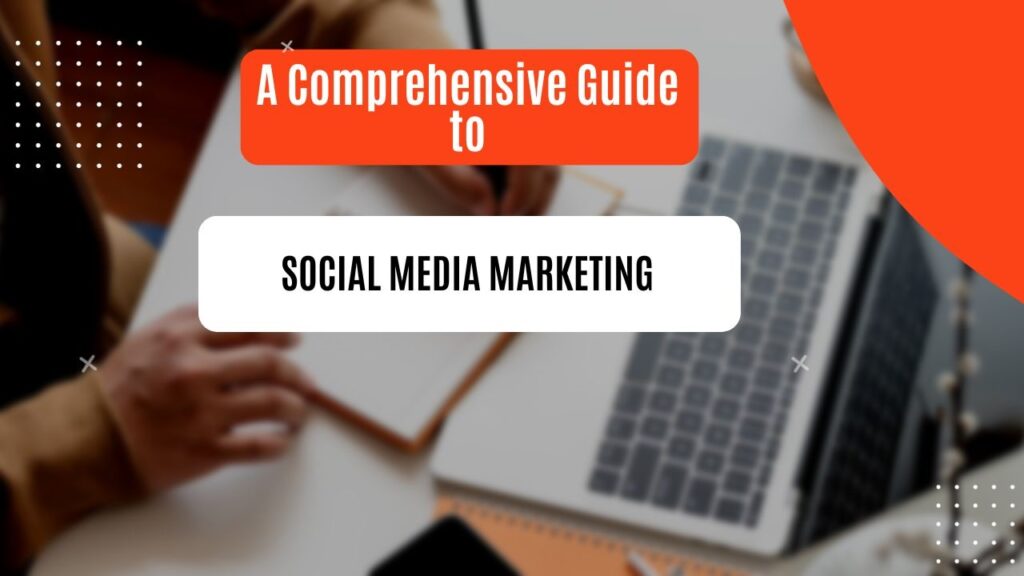Keyword optimization is the foundation of successful SEO, acting as the guiding force behind every aspect of your search engine optimization strategy. From keyword research and competitive analysis to on-page optimization and content creation, understanding how users search for information relevant to your business is crucial for achieving higher rankings in search engine results pages (SERPs). By aligning your website content with the specific terms and phrases your target audience uses, you pave the path for greater visibility and organic traffic.
Finding and carefully placing pertinent keywords across your website is essential for effective search. This involves ensuring that the body of your content, headings, page titles, and meta descriptions all reflect the high-value search terms most likely to draw in your target clients. Improved results and more organic visibility result from speaking the language of your target audience, which also helps search engines comprehend the context and relevancy of your material.
But it’s more than just cramming keywords into your website; it’s about producing applicable, educational, and captivating content that meets user intent. You may customize your content to give users the information they’re looking for, address their queries, and position your website as an authority in your field by knowing why they search. In the end, a practical SEO approach blends keyword optimization with producing excellent content to provide a smooth and fulfilling online experience that draws users in and encourages them to return.

Importance of Keyword Optimization:
User Intent:
Keywords are more than words; they are windows into users’ minds, revealing their motivations and desired outcomes in the vast digital landscape. Whether a person searches for “how to bake a cake” or “best cake shops near me,” the keywords they use reveal important information about what they’re looking for. Are they trying to find out more, purchase, or contact a nearby company? It is as essential to comprehend the “why” of a search as it is to understand the “what.”
Search engines use this keyword intent knowledge to produce relevant and focused answers. Analyzing the subtleties of language and context helps one distinguish between consumers looking for general knowledge and those ready to buy, ensuring that search results closely fit their demands and direct them toward a fulfilling online experience. Finding the intent depends on keyword optimization.
Content Relevance:
Keywords are the essential link between the great expanse of internet content and a user’s information needs. Search engine algorithms learn much about what a user is looking for by breaking out the particular words and phrases within a search query. Beyond merely matching precise terms, this study considers context, user intent, and related concepts to identify which websites are most relevant and beneficial for that search.
This thorough keyword analysis is the basis of search engine result page (SERP) website ordering. Search engines guarantee that users are supplied with the information they need efficiently and effectively by ranking the most relevant and valuable material based on keyword relevance, improving the search experience.
Strategy for SEO:
A good SEO plan is a multifarious one meant to raise a website’s visibility in search engine results pages (SERPs) and draw more natural visitors. Researching keywords thoroughly to find the terms your target audience is using, knowing search intent, and examining rival techniques come first. This lays the groundwork for maximizing the content on your website to guarantee it is relevant, educational, and engaging for search engines and visitors.
Technical SEO is vital outside of content. This entails maximizing the structure and coding of your website for search engine crawlers, therefore enhancing site speed and mobile friendliness and guaranteeing a good user experience. Consider it laying a firm foundation and friendly surroundings for your human guests as well as search engines.
At last, a good SEO plan uses off-page optimization, emphasizing authority and reputation building for your website. This entails creating a strong social media presence, returning links from credible websites, and participating in internet groups pertinent to your field of business. Regular implementation and improvement of these techniques will help you raise your website’s ranking, draw a targeted audience, and accomplish your online objectives.
Although a strong online presence depends on main keywords, long-tail keywords are the hidden weapon for drawing highly focused traffic and increasing conversions. These longer, more precise sentences focus on niche audiences further along in their decision-making process, like laser beams. Imagine a user looking for “shoes” who is probably merely browsing; someone putting “best hiking boots for women with flat feet” is ready to buy.
Long-Tail Keywords:
Compared to their more general equivalents, long-tail keywords usually have less search volume. This seeming drawback, then, is a strength. Lower search volume indicates less competition, so ranking higher in search results for those particular keywords is simpler. Moreover, users looking at long-tail keywords are usually very motivated and have a clear aim, which increases conversion rates and a return on your SEO activities.
Strategic use of long-tail keywords in your website content, blog entries, and product descriptions will help your company attract these important niche markets. This focused approach generates traffic and draws people who are actually interested in what you have to offer, boosting the possibility of conversions, leads, and, finally, corporate expansion.
Keyword Placement:
Think of keywords as road signs guiding search engines toward the content of your page. Like on a well-made road, strategic keyword placement helps digital adventurers quickly absorb the significant ideas and challenges discussed on every page. Including relevant keywords into essential elements—page titles, headings, meta descriptions, and the naturally occurring body of your work—helps search engines know what each page is about.
This clarity determines a better perspective on search engine results pages (SERRs). When search engines can easily detect how relevant your material is to a user’s search query, they are more likely to rank your website favorably. Strategic keyword placement ensures that your website displays the most important searches for your target demographic, so producing more relevant traffic and increasing the likelihood of attracting new clients.
Keyword Evolution:
Language patterns and online behavior are fast changing in the always-changing digital environment. These continually changing surroundings need a creative approach to keywords. Maintaining ahead of the curve involves continuously seeing how consumers seek information about your line of business. Finding fresh keywords, popular topics, and original phrasing for searches can assist you in adjusting your SEO approach better and ensure that your content remains current and relevant.
Including these growing keywords in your website content, meta descriptions, and social media posts can allow your online presence to match present search trends. Maintaining exposure in search engine results depends on this adaptability since it indicates to search engines that your website offers current and valuable content that suits shifting needs. Accepting the fluid character of keywords ensures your website stays competitive and generates steady, focused traffic over time.
Tools and Analytics:
Navigating the vast ocean of keywords requires more than intuition; it demands data-driven insights. This is where keyword research tools and analytics become indispensable allies in your SEO journey. These powerful tools empower you to delve beyond guesswork, providing concrete data on search volume, keyword difficulty, and user behavior. You can uncover hidden opportunities, identify which keywords drive the most traffic to your website, and even track how your rankings fluctuate over time.
The insights gleaned from these tools are invaluable for refining your SEO strategy and maximizing your online visibility. By understanding which keywords resonate most with your target audience and generate the highest engagement, you can optimize your content, focus on high-impact opportunities, and measure the effectiveness of your efforts. This data-driven approach ensures your SEO strategy constantly evolves and adapts to the ever-changing digital landscape.
Avoiding Keyword Stuffing:
Though they are essential for SEO success, keywords are like any great tool—they must be handled carefully. Keyword stuffing—overloading your material with an unnecessary density of keywords—is more likely to compromise than improve your online presence. Although it could have been a good strategy in the early days of search engines, today it’s a guaranteed approach to generate red flags and get fines.
These days, search engines are somewhat advanced in spotting keyword stuffing and identifying it for what it is: a manipulative approach endangering the user experience. Visitors will find a startling and strange reading experience when a page loads with pointless or repetitious terms. Higher bounce rates, less engagement, and finally, indications to search engines that your website is not offering real value follow from this often.
Rather than using keyword stuffing, prioritize producing excellent material that naturally and informally contains pertinent keywords. Not to fool the system, concentrate on meeting your audience’s demands, offering insightful information, and using keywords deliberately to improve clarity and relevancy. Recall that a good user experience is equally vital for SEO success as keyword optimization; hence, give your audience top priority and allow actual value to direct the production of your work.
Conclusion:
A good online presence depends mostly on keywords since they are the essential link between what visitors search for and what websites provide. Keywords are the language we use to interact with search engines, thereby presenting the subjects we cover, the goods we offer, and the knowledge we have. Even the most excellent material risks being lost in the large digital terrain, invisible and underappreciated, without a strong knowledge of keywords.
Good SEO and digital marketing plans depend on finding the appropriate keywords that appeal to your target market and fit their search intent. You tell search engines about the value and importance of your online presence by carefully choosing and strategically including these keywords throughout your website’s text, meta descriptions, and even social media profiles.
This focused approach guarantees that when prospective consumers actively search for information, goods, or services connected to your company, your website shows clearly in search results. Keywords are essentially the secret to increasing visibility, generating targeted traffic, and finally—by matching the correct audience at the proper moment—online success.





